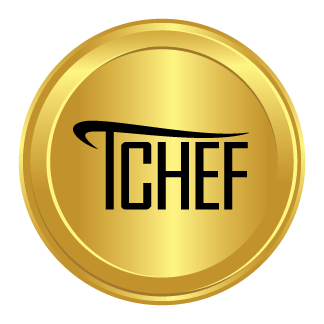

|
Australian Institute of TechnicalChefs (AITC) June 16 – Press Release AITC is a not for profit organisation of professional chefs initiated in 2015 and launched in early 2016 by a group of contemporary passionate chefs who are concerned with the direction of the commercial cookery industry. The organisation delivers a brighter future for the profession chef by lifting the vocation to new heights, with a vision of the future. A fully professional, Australia wide Institute, that is fundamentally a registration board for qualified and experienced chefs is now firmly established, and growing. In Australia, a license or registration is required to be an electrical contractor, nurse, paramedic, plumber, real estate agent, travel operator, valuers among other occupations that individuals must meet the requirements of their respective registration board before legally allowed to practice. Yet, as a chef is a self- regulated occupation, anyone can operate as a chef irrespective of their skills, knowledge, or fitness and use the title chef. The occupation of a chef may never be licensed by government, mainly because the industry requires two kinds of chefs, those who are semi-skilled who perform the mundane tasks, who work alongside the highly skilled who are trained to be the leaders. Professionals who are competent at perceiving the whole attributes required in the culinary process, including a professional attitude towards their vocation. As government cannot, and will not license those who practice in commercial cookery at any level, (even highly qualified professional chefs) the next step in the evolution of the culinary industry in Australia is for professional chefs to license their own, by creating an industry driven professional chefs registration board. It is time to publicly promote an organisation that endorses by licensing chefs who meet minimum requirements in training, education and ethical obligations, chefs who practice at the highly skilled professional level. An association that:
The TechnicalChef concept is simple, effective and accountable, and is being supported by an increasing number of professionals who have applied to be licensed as a TechnicalChef. Applicants who prove they have five attributes, (A roadmap that involves (1) approved training standards, (2) commercial cookery experience, (3) fitness to be titled a chef, (4) commitment to follow codes of practice and a duty to (5) continuously develop ones career) are licensed to show they are a professional commercial chef, or a TechnicalChef. The Institute seeks:
A professional chef is more than wearing a crisp white coat, and possessing a cookery certificate Professionalism has to do with how one conducts oneself in the day to day operations, being polite, having good judgement, understanding cultural norms, following moral, ethical and professional standards, and able to independently practice. A chef is able to transcend beyond just cookery; a person who knows that a chef is not limited to cookery skill, but is a people manager, involved with menu compilation, budgetary constraints, a manager of human and physical resources, legal compliance, counselling, mentoring, team building and succession planning, among many other day to day responsibilities . If you need to ask what in this for chef? I suggest you should already be aware that any legitimate professional occupation is built upon a foundation that identifies the minimum characteristics and qualities in its professionals. An institution that requires admission standards, documented training and development, continuous self develop and fitness. Just as professionals in other disciplines would also acknowledge that an essential component of any practicing specialist is their mindset, that includes the need to be a part of an association that is not just a social club, but an association that encompass all the basic components and standards to collectively represent members in a genuine profession. AITC is:
The new ideology attempts to better commercial cookery and professionalism at the highest level with industry registration of qualified chefs, a process that has to start somewhere. Probably most will never see the fruit that grow from a seed that is now planted. However, chefs must look towards the future and join an organisation that brings to the table: respectability, authenticity and creditability.
|

